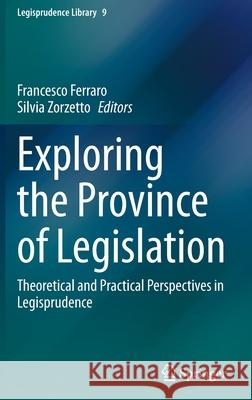Exploring the Province of Legislation: Theoretical and Practical Perspectives in Legisprudence » książka
topmenu
Exploring the Province of Legislation: Theoretical and Practical Perspectives in Legisprudence
ISBN-13: 9783030872618 / Angielski / Twarda / 2022 / 252 str.
Exploring the Province of Legislation: Theoretical and Practical Perspectives in Legisprudence
ISBN-13: 9783030872618 / Angielski / Twarda / 2022 / 252 str.
cena 644,07
(netto: 613,40 VAT: 5%)
Najniższa cena z 30 dni: 578,30
(netto: 613,40 VAT: 5%)
Najniższa cena z 30 dni: 578,30
Termin realizacji zamówienia:
ok. 16-18 dni roboczych.
ok. 16-18 dni roboczych.
Darmowa dostawa!
Kategorie:
Kategorie BISAC:
Wydawca:
Springer
Język:
Angielski
ISBN-13:
9783030872618
Rok wydania:
2022
Ilość stron:
252
Waga:
0.53 kg
Wymiary:
23.39 x 15.6 x 1.6
Oprawa:
Twarda
Wolumenów:
01
Dodatkowe informacje:
Wydanie ilustrowane











